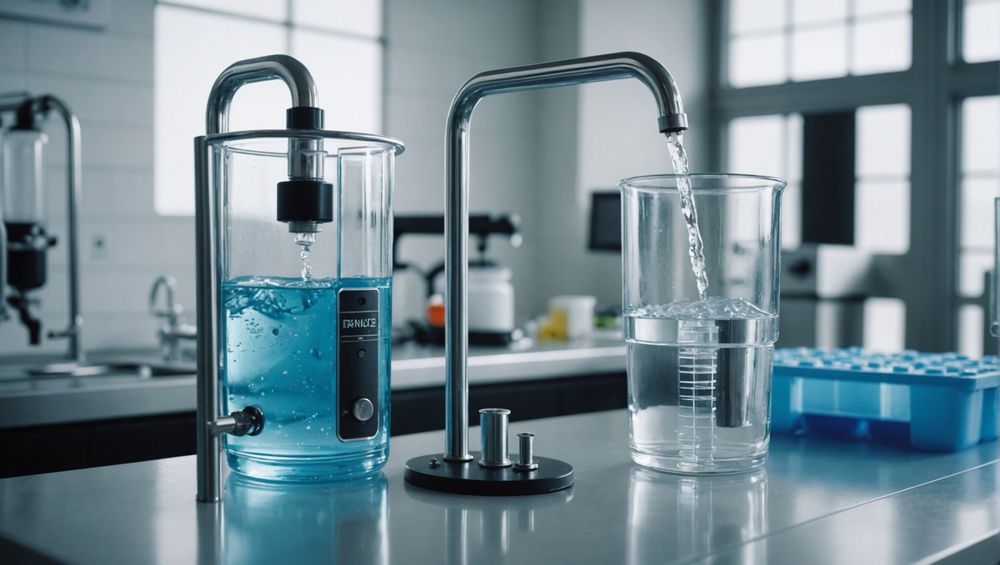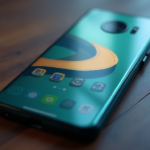Yes, water purifiers do work on hard water, but their effectiveness can vary depending on the type of purifier and the specific water conditions. Hard water contains high levels of minerals, mainly calcium and magnesium, which can affect the performance of some water purification systems. Understanding how water purifiers interact with hard water is crucial for ensuring you choose the right system for your needs. This article will delve into the mechanisms of different water purifiers, the challenges posed by hard water, and the best solutions available.
Understanding Hard Water

Hard water is characterized by elevated levels of dissolved minerals, particularly calcium and magnesium. These minerals can come from various sources, including groundwater and surface water. When water is hard, it may cause several issues, such as scaling in appliances, reduced effectiveness of soaps and detergents, and even skin irritation for some individuals. To address these problems, many homeowners consider water purifiers, but not all purifiers address hard water effectively. Understanding what makes water hard can help you make informed decisions about the type of purification method you choose.
Types of Water Purifiers
There are several types of water purifiers available, each employing different technologies to treat water:
- Reverse Osmosis (RO): RO systems remove impurities, including minerals, by forcing water through a semi-permeable membrane.
- Activated Carbon Filters: These filters are effective for removing chlorine and organic compounds but do not soften water.
- Ion Exchange Systems: These purifiers specifically target and exchange calcium and magnesium ions with sodium ions, effectively softening hard water.
- Ultraviolet (UV) Purifiers: UV systems disinfect water but do not address hardness, as they mainly kill bacteria and viruses.
- Whole House Filters: Some filters designed for the entire home can soften water as well, improving its quality throughout.
Each of these systems has its own merits and ideal applications, which can significantly influence their performance with hard water.
Challenges of Using Purifiers on Hard Water

Using water purifiers on hard water presents specific challenges that can affect their efficiency and longevity. One primary concern is the buildup of scale within the purification systems. For instance, Reverse Osmosis units can become clogged with minerals, reducing their filtration efficiency. Additionally, many conventional water purifiers are not designed to handle the high mineral content found in hard water, which may lead to malfunction or a shorter lifespan of the unit. Regular maintenance and descaling might be required, increasing the overall cost of ownership. Understanding these challenges is essential when deciding on a water purification solution for hard water.
Choosing the Right Water Purifier for Hard Water
When selecting a water purifier suitable for hard water, consider the following factors:
- Type of Contaminants:
Determine the specific contaminants in your hard water, as this will guide your choice of purification technology. - Water Usage:
Consider how much water your household consumes, as larger families may require more robust systems. - Maintenance Requirements:
Some systems will require more frequent maintenance than others, especially in hard water conditions. - Cost and Budget:
Analyze the initial cost vs. ongoing maintenance costs to ensure the purifier fits your long-term budget. - Space and Installation:
Ensure that you have sufficient space for installation and that any necessary plumbing modifications can be performed easily.
Evaluating these factors will help you choose a water purifier that effectively addresses the challenges posed by hard water.
Conclusion
In conclusion, while water purifiers can work on hard water, their effectiveness is heavily influenced by the type of purification system you select and the specific characteristics of your water supply. By understanding the nature of hard water, the technological differences in purifiers, and the associated challenges, you can make an informed decision. Always opt for purifiers that specifically address hard water problems, like ion exchange systems, to ensure the best results for your water quality.
FAQs
1. Can any water purifier remove hardness from water?
No, not all water purifiers remove hardness. Ion exchange and reverse osmosis systems are typically effective for softening hard water.
2. How often should I maintain my water purifier in hard water areas?
Regular maintenance is crucial; check your manufacturer’s recommendations. In hard water areas, you might need to descale more frequently, often every 6-12 months.
3. Do water softeners and water purifiers perform the same function?
No, water softeners primarily remove calcium and magnesium ions to soften water, while water purifiers remove a wider range of contaminants.
4. What is the best water purification method for hard water?
Ion exchange systems are generally the best for effectively reducing hardness, while reverse osmosis is also highly effective but can be more complex to maintain.
5. Is drinking hard water harmful to health?
Hard water is not harmful to health and can even provide essential minerals, but it may cause other inconveniences, such as scaling and skin irritation.


